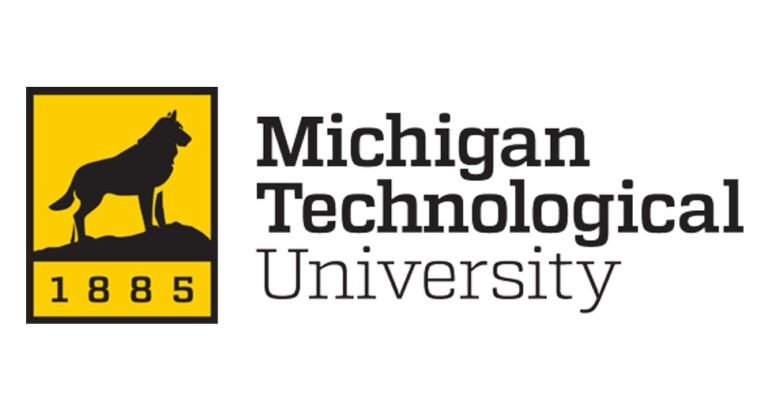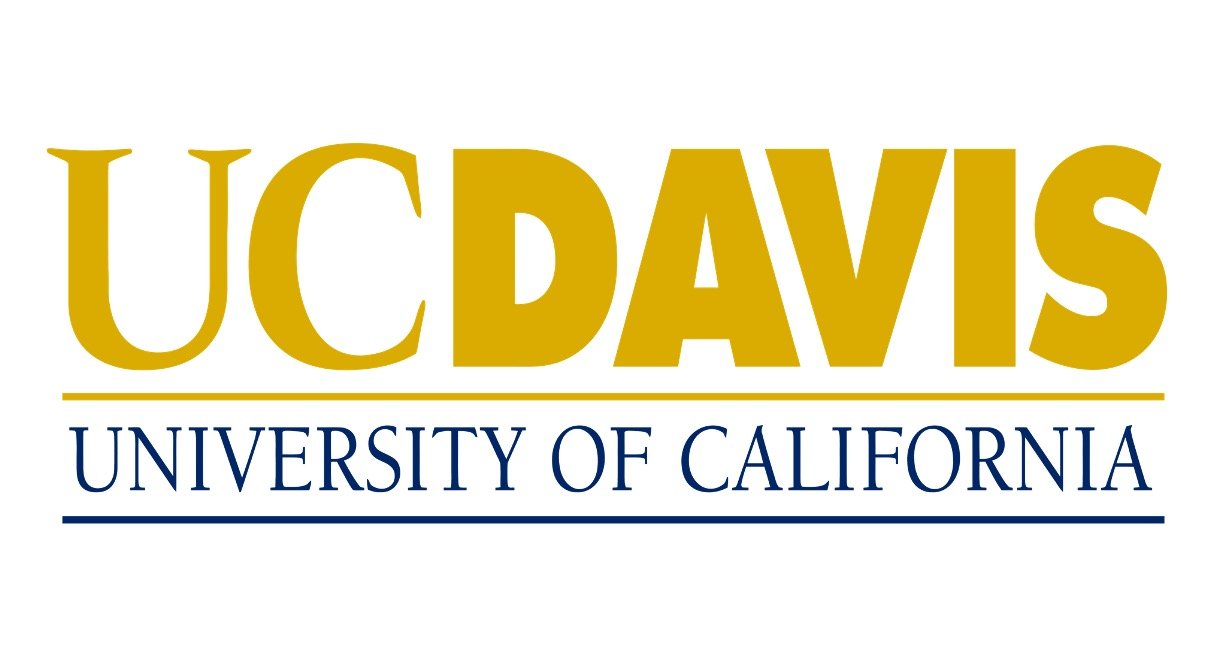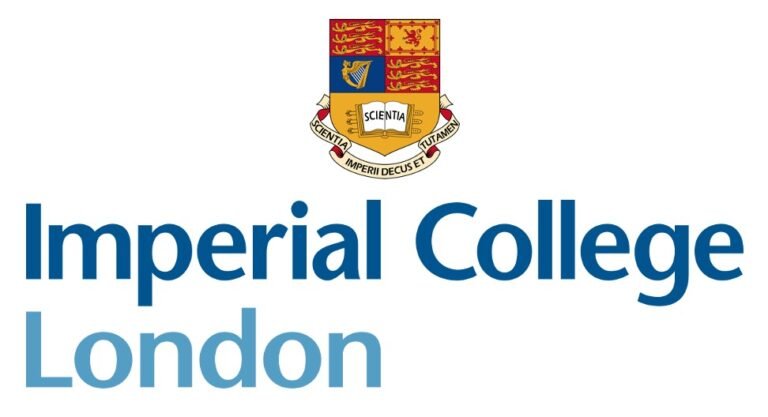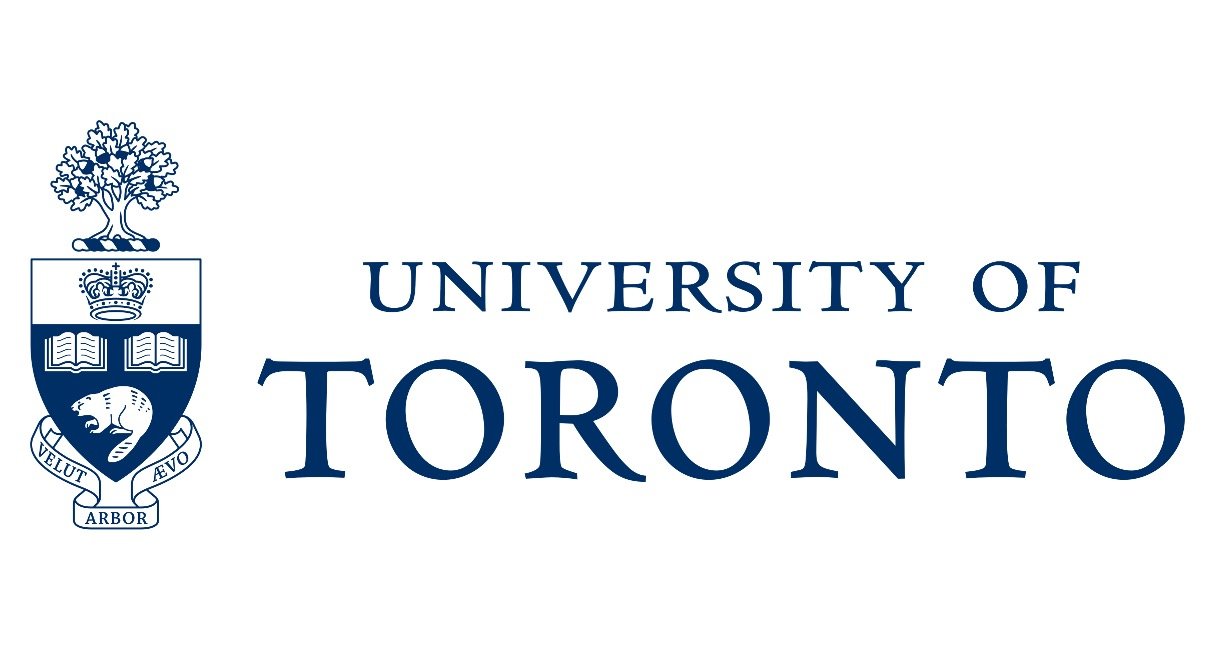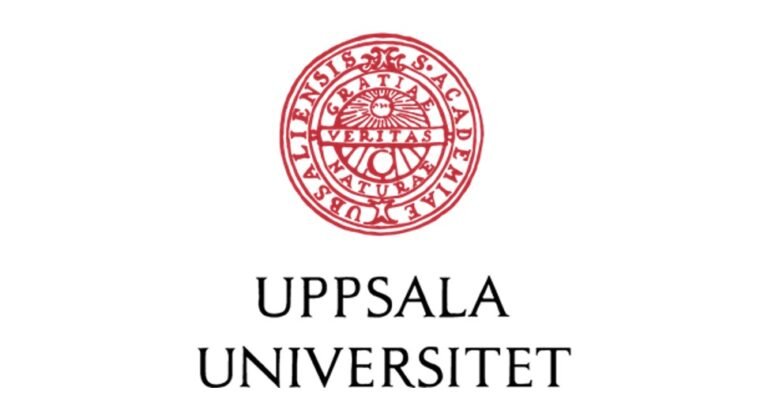The Research Scientist I – Remote Sensing position provides support for MTRI programs focused on the development and application of remote sensing and geospatial analysis to solve governmental and societal needs through sponsored research. Knowledge of remote sensing theory and an understanding of remote sensing applications for environmental and/or Earth science research is required.
The applicant should be familiar the theory and application of Synthetic Aperture Radar (SAR) for environmental research. The applicant will be expected to help develop proposals for remote sensing research projects that apply their knowledge of sensing and image processing to research questions. The applicant will also be expected to conduct fieldwork in remote environments.
Examples of current research areas the Remote Sensing Scientist may support include wildland and prescribed fire mapping and effects assessment, Great Lakes aquatic sensing, invasive species mapping, wetlands assessment, wildland fire danger and emissions mapping, processing and analysis of remote sensing data through custom coding and analysis, and improved geotemporal visualization of complex data and patterns. This in an in-person position based at MTRI in Ann Arbor, MI (https://mtu.edu/mtri).
Responsibilities
- Participate in research projects applying remote sensing, geospatial analysis, earth science knowledge, Synthetic Aperture Radar (SAR) sensing theory, and analysis skills to solve project tasks for ongoing and new MTRI research projects.
- Participate as an integral team member on multi-disciplinary research relating to applying technological skills to solving governmental and societal needs for a diverse set of current research areas, including improved remote sensing data analysis and visualization of complex data for environmental and interdisciplinary projects.
- Be able to troubleshoot issues encountered in data processing and analysis to ensure scientifically valid data collection.
- Evaluate, select, and apply the results of data collected and research projects undertaken. Describe and share any concerns about the results or methodology and recommend or implement countermeasures.
- Contribute technical expertise in sensing at a primary and co-author level to specific aspects of conference presentations, journal articles, and technical reports, and be able to take the lead on preparing technical reports.
- Participate in fieldwork in remote environments, including navigation in remote areas and following data collection protocols.
- Contribute to competitive proposals including development of specific tasks that use and exploit remote sensing data and products.
- Assess effectiveness of safety measures and training and implement necessary changes. Anticipate and recognize problems and potential problems at the individual and system levels. Recognize and respond appropriately to potential and actual unsafe situations.
- Apply safety-related knowledge, skills, and practices to everyday work.
- Commit to learning about continuous improvement strategies and applying them to everyday work. Encourage continuous improvement practices among employees.
Required Education, Certifications, Licensures
Master’s degree or higher in remote sensing, geospatial technology, geography, earth science, ecology, or closely related field
Required Experience
- Algorithm development and data processing with Synthetic Aperture Radar (SAR) for environmental applications.
- Experience with analysis and processing of remote sensing data using desktop software tools (e.g. ERDAS Imagine, ENVI+IDL, OSGeo Opticks) or cloud-based platforms (e.g. Google Earth Engine).
- Practical, demonstrated knowledge of Python or comparable programming language (ex. MATLAB, C/C++, Julia, Javascript).
- Coursework in higher-level math, statistics, or remote sensing.
- Coursework in at least one of the following remote sensing application areas: earth science, ecology, geography, environmental engineering.
- Demonstrated organizational ability and attention to detail.
- Demonstrated ability to participate in team projects.
- Experience in preparing and contributing to competitive research proposals.
Desirable Education and/or Experience
- Experience with statistical analysis software (such as SAS or R).
- Experience in a remote sensing and/or geospatial research environment.
- Background in the mathematics and physics underlying Synthetic Aperture Radar (SAR).
- Experience with development, management, and documentation of large geospatial and remote sensing datasets.
- Familiarity with machine learning techniques.
- Experience working with large datasets using advanced computational systems (e.g., cloud computing, multi-processor computing).
- Experience with performing fieldwork (e.g. navigating via handheld GPS, following data collection protocols)
Required Knowledge, Skills, and/or Abilities
- Ability to obtain a U.S. Department of Defense security clearance, which requires United States citizenship. Obtaining a national security clearance while holding a dual citizenship will not be possible when the foreign country poses a risk to the national security of the United States.
- Knowledge of remote sensing theory for science and/or application.
- Ability to clearly communicate complex ideas through symposia presentations, methods documentation, reports, and publications.
- Excellent written/oral communication skills.
- Demonstrated organizational ability and attention to detail.
- Ability to exercise discretion and independent judgment with respect to significant matters related to job duties.
- Demonstrated ability to participate in team projects.
- Demonstrated leadership of safety principles and practices.
Desirable Knowledge, Skills, and/or Abilities
- Experience in processing hyperspectral imagery such as mixture modeling methods and similar advanced spectral analysis methods.
- Knowledge of geospatial data structures, visualization, and analysis and experience with GIS software (ESRI, QGIS, GDAL).
- Demonstrated success in, or potential future contributions to, working with persons from diverse backgrounds, creating a sense of belonging, and fostering a fair, objective, welcoming place to work for persons with a wide variety of personal characteristics and viewpoints.
